Privacy.
In an era where data breaches and digital surveillance have become commonplace, the notion of privacy has taken on new dimensions. Beyond the realm of personal information and online activity, the concept of privacy extends to ownership rights, particularly in the realm of finance and business. Nowhere is this more evident than in the debate surrounding beneficial ownership registers and the risks they pose to individuals and businesses.
Beneficial ownership registers, while ostensibly designed to enhance transparency and combat financial crime, introduce a number of significant dilemmas: the risk of extortion, kidnapping, identity theft, fraud, targeted scams and phishing attacks amongst other security concerns, all stem from the public disclosure of asset ownership. Imagine a scenario where the ownership details of a company or individual are readily accessible to anyone with an internet connection. While transparency is laudable, it also exposes businesses and individuals to nefarious actors who may exploit this information for illicit purposes.
In response to growing concerns, governments have attempted to strike a balance between transparency and privacy. One notable development is the Corporate Transparency Act (CTA), enacted in 2024. Scheduled to take effect on January 1, the CTA mandates that many businesses file with the Financial Crimes Enforcement Network (FinCEN). However, the filing requirements and privacy issues associated with the CTA are raising eyebrows across various sectors.
The crux of the matter lies in the tension between disclosing beneficial ownership information and safeguarding individual and corporate privacy. While combating money laundering, terrorist financing, and other financial crimes is undoubtedly crucial, the potential consequences of public ownership registers cannot be ignored. As such, businesses and individuals are exploring alternative jurisdictions that prioritize privacy without compromising regulatory compliance.
Several jurisdictions, such as the British Virgin Islands (BVI), Panama, and the Cayman Islands, mandate public ownership registers or are considering implementing them. These jurisdictions, once favored for their privacy-friendly regulations, are now facing pressure to conform to international standards of transparency. However, the prospect of public ownership registers has sparked concerns among businesses and individuals accustomed to the confidentiality afforded by these jurisdictions.
Enter the Cook Islands and Nevis, two jurisdictions renowned for their privacy-centric legislation and business-friendly environment. Unlike many jurisdictions that mandate public ownership registers, the Cook Islands and Nevis uphold confidentiality and privacy as fundamental principles of their corporate laws. In these jurisdictions, the details of beneficial ownership remain confidential, shielded from public scrutiny and potential exploitation.
The appeal of the Cook Islands and Nevis as preferred destinations for incorporation lies not only in their commitment to privacy but also in their robust legal frameworks. Both jurisdictions offer a range of corporate structures and asset protection mechanisms that cater to the needs of businesses and individuals alike. From limited liability companies to offshore trusts, these jurisdictions provide flexibility and security in an increasingly uncertain global landscape.
Furthermore, the Cook Islands and Nevis boast political stability, favorable tax regimes, and efficient regulatory frameworks, further enhancing their attractiveness as jurisdictions of choice for incorporation. Businesses seeking to safeguard their assets and preserve confidentiality are increasingly turning to these jurisdictions as safe havens in an age of heightened transparency and scrutiny.
It’s worth noting that the Cook Islands and Nevis show no inclination to introduce similar measures. Moreover, these jurisdictions are exempt from reporting requirements under the Corporate Transparency Act (CTA), further solidifying their status as privacy-focused destinations for incorporation.
In conclusion, while the push for transparency in beneficial ownership is well-intentioned, it must be balanced against the imperative of protecting individual and corporate privacy. The enactment of laws such as the Corporate Transparency Act underscores the ongoing debate surrounding privacy and transparency in the financial realm. In this context, jurisdictions like the Cook Islands and Nevis offer a compelling alternative for businesses and individuals seeking to navigate the complexities of global finance while safeguarding their privacy and security. As the landscape continues to evolve, the importance of privacy in financial matters remains an enduring priority.
Protect your privacy today with an offshore company in the Cook Islands or Nevis



